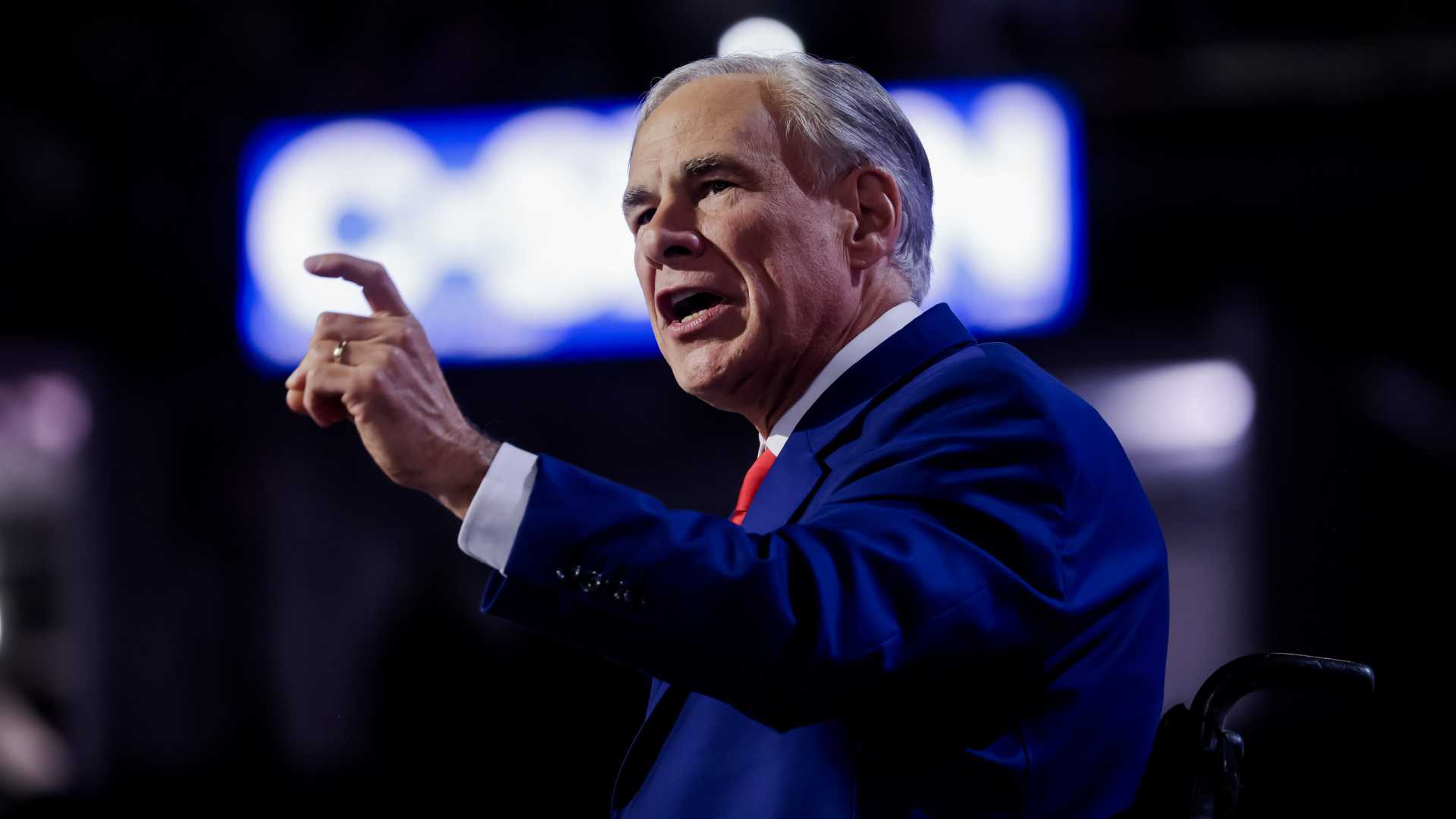News
Texas AG Pressures Federal Government Over Voter Citizenship Verification

Texas Attorney General Ken Paxton has urged the Biden-Harris administration to provide crucial data to identify potentially ineligible registered voters within the state. In a letter sent to U.S. Citizenship and Immigration Services (USCIS) Director Ur Jaddou, Paxton seeks federal cooperation to verify the citizenship status of approximately 454,289 registered voters who lack state-issued driver’s licenses or identification cards, which are usually issued only after citizenship verification.
Attorney General Paxton emphasized that federal law, despite intentions to uphold electoral integrity, paradoxically enables non-citizens to vote illegally by prohibiting states from requiring proof of citizenship for registration. “The Biden-Harris Administration is legally obligated to assist states in ensuring noncitizens are not registered to vote,” Paxton stated. The Texas Secretary of State’s office has identified these voters as never having their citizenship status verified, raising concerns about the impact on election outcomes.
Requiring proof of citizenship, according to Paxton, is a necessary measure to prevent illegal voting. As part of his crackdown on non-citizen voting, his office’s Election Integrity unit conducted investigations in South Texas counties, and Governor Greg Abbott recently announced that 6,500 potential non-citizens were removed from voter rolls since 2021.
Republicans have voiced heightened concerns over voter integrity, with the upcoming 2024 presidential election increasing scrutiny. Recently, officials reported identifying an additional 302 individuals on the state’s voter rolls who failed to provide proof of citizenship upon registration. These discoveries align with national discussions, as exemplified by Arizona’s recent Supreme Court ruling regarding nearly 98,000 unverified voters eligible for upcoming elections.
“Although I have no doubt the vast majority of the voters on the list are citizens eligible to vote,” Paxton noted in his letter, “I am equally certain that Texans have no way of knowing whether any of the voters on the list are noncitizens who are ineligible to vote.”
Political scientist Bethany Albertson from UT Austin points out the disconnect between political rhetoric and voter fraud realities, stating, “When politicians suggest rampant voter fraud, it sows distrust in elections.” The Brennan Center for Justice has analyzed claims of illegal voting, concluding that such allegations often stem from clerical errors rather than fraudulent intent.












